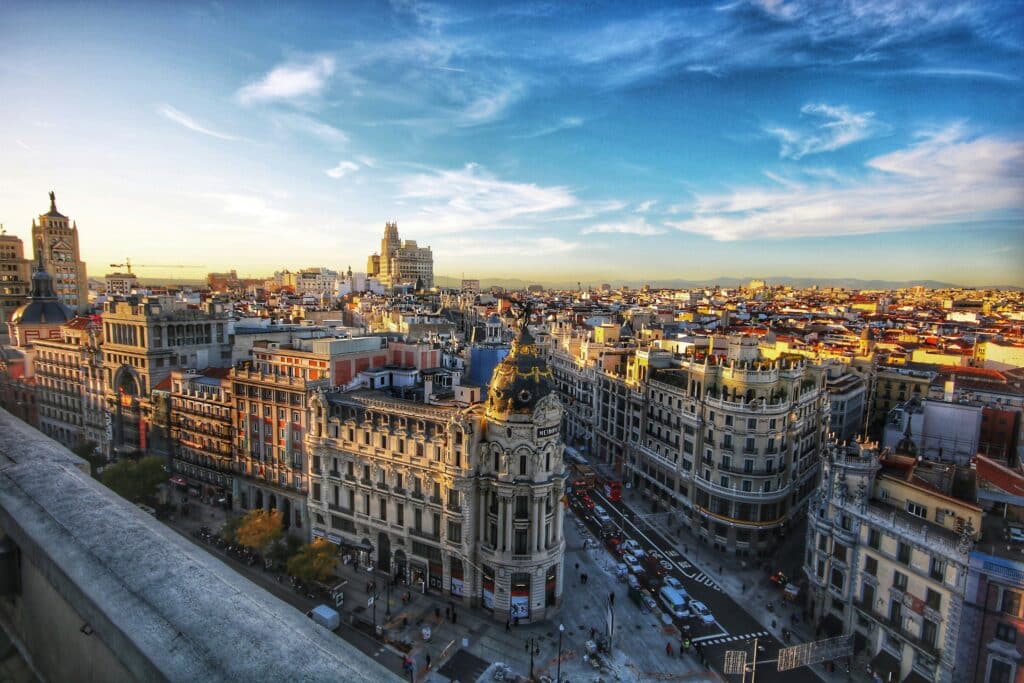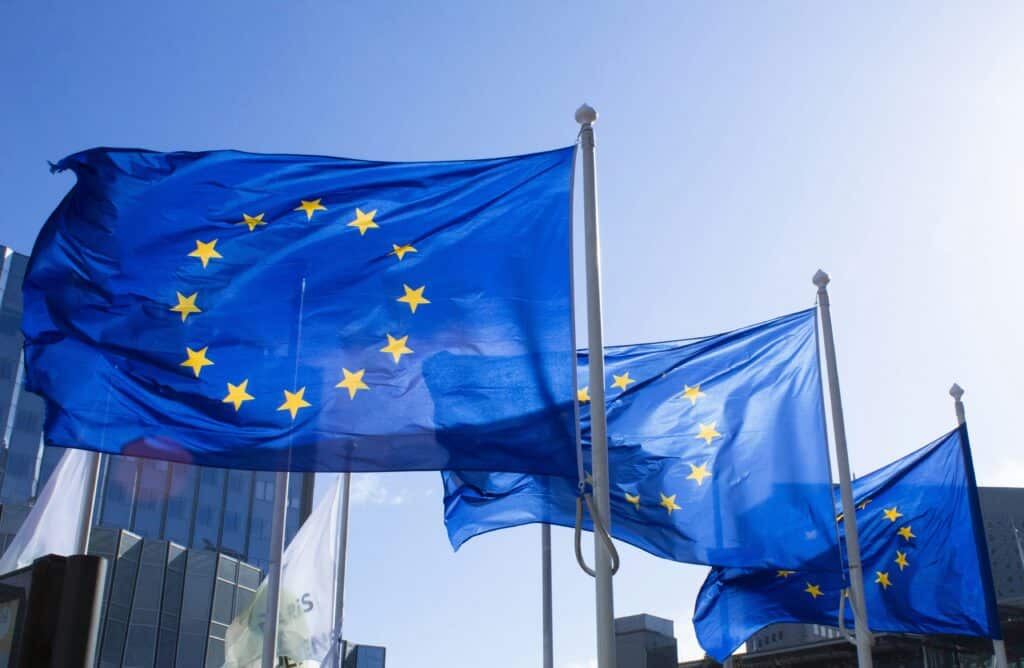In the ongoing debate on EU Security of gas Supply, two dimensions can be distinguished: internal and external.
Energy supply for Europe can be sourced internally (via domestic production) or externally (via imports).
An internally-oriented SoS policy, therefore, focuses by definition on security of the EU demand either via internal sources of supply or with security of transit inside the EU, for both internal and external sources of supply.
On the contrary, external SoS policy deals with external sources of supply and their transit beyond the borders of the EU (Ukraine or Belarus; Morocco or Turkey).
Europe is largely dependent on external imports, because of the scarce internal availability of hydrocarbons. The two significant supply disruptions to Europe of 2006 and 2009 due to the Russia-Ukraine “gas crises”, demonstrated that external flow of energy sources could very suddenly become unreliable – hence putting the security of some or all EU member countries at risk.
Europe therefore reacted by focusing on several “internal” objectives, with the scope to reduce dependency from external imports: increasing EU indigenous energy production; diversifying the energy mix (RES Directive); completing the internal EU energy market (Third Energy Package and Network codes); building missing infrastructures to facilitate internal transits (Infrastructure Package and PCIs); increasing energy efficiency to lower internal energy demand (Energy Efficiency Directive).
Recently, Commission has taken important steps addressing the “external dimension” in a structured way (do not miss the FSR Conference on SoS External Dimension!).
The main targets of the “external” gas EU policy are:
- Improving diversification of external suppliers, with major energy partners (Norway, USA, Canada, Caspian Sea, Gulf, Iran etc.);
- Diversifying supply instruments and facilitating new routes and transit towards the EU entry points (via LNG or new gas pipelines)
- Setting a framework for coordinated EU “external action” addressing Third Countries by reinforcing the EU institutional structure (appointment of VP for Energy Union, or the High Level Representative for External Affairs etc).
- Calling for harmonisation of regulation applied at entry-points with external countries
- Redefining a EU-Ukraine-Russia energy trialogue
The recently released Energy Security Package (see FSR News of 16th Feb) includes three important elements in this sense: -the review of Inter Governmental agreements in the field of energy; -a new strategy for LNG and storage; -and a new approach to gas Long Term Contracts (in the framework of revised Gas SoS Regulation).
These new measures show an effort to strengthening EU security of supply, by looking both within and outside EU borders.
Of course, a well-functioning internal gas market is the general basis for a strong EU Energy Union. However, a coordinated and consistent external EU policy can only strengthen SoS within a longer time horizon.
The biggest challenge for the EU consists now in overcoming the peculiar interests of each national member state; and finding a harmonized common strategy, both for decisions regarding infrastructures and their operation and for external relations policy overall.







